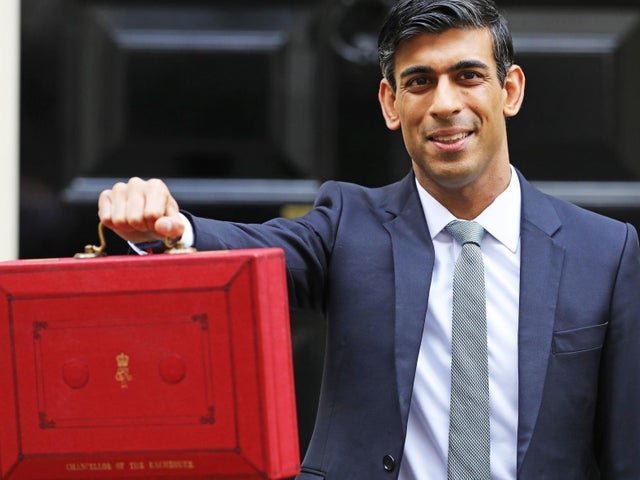
The government, in concert with the Bank of England, today announced a raft of measures it hoped will immunise the economy – if not its people – from the global effects of a coronavirus outbreak, which this afternoon was declared a global pandemic by the World Health Organization.
Earlier in the day, Mark Carney, the outgoing governor of the Bank of England, announced an emergency cut to interest rates, from 0.75% to 0.25%, in an effort to ease credit for small businesses and banks.
Carney said small businesses across the UK were facing a “temporary but significant” disruption to supply chains that would increase their demand for short-term credit and working capital as the coronavirus makes its mark on the UK economy over “the coming months”.
In the afternoon, the Chancellor of the Exchequer, Rishi Sunak, addressed the House of Commons to pledge £30bn in extra spending to help get the UK through the Covid-19 crisis.
The budget also saw the introduction of a number of measures specifically targeted at small businesses, including tax cuts, business relief and funding commitments.
The most significant of these are:
- The cost of statutory sick pay for businesses impacted by the Coronavirus will be covered for SMEs with fewer than 250 employees, providing over £2 billion for up to two million businesses.
- SMEs valued under £51,000 in the retail, leisure and hospitality sector will not have to pay business rates until the end of the year.
- SMEs not eligible for business rate exemption will receive a £3,000 cash grant.
- A 90% cut in entrepreneurs’ tax relief.
- £130m of new funding to extend start-up loans.
- £5bm of new export loans for businesses.
- The Employment Allowance is to be raised from £3,000 to £4,000 from April to exempt SMEs from paying their employer National Insurance Contributions (NICs) on the first £4,000 of their annual bill.
- £200m in new funding for the British Business Bank to invest in scale-ups.
Asset finance
A “temporary” Coronavirus Business Interruption Loan Scheme was also unveiled in the budget that will encourage banks to offer loans of up to £1.2m to support SMEs.
The chancellor said: “The government will offer a generous guarantee on those loans, covering up to 80% of losses, with no fees, so that banks can lend with confidence.
“This will unlock up to £1bn of attractive working capital loans to support small businesses, with more as needed.”
In a statement, the British Business Bank said: “The Coronavirus Business Interruption Loan Scheme, delivered via the British Business Bank to support the continued provision of finance to UK businesses during the Covid-19 outbreak, will temporarily replace the Bank’s well-established Enterprise Finance Guarantee (EFG) scheme with an additional £1bn being made available on top of existing support offered through the programme.
“It will operate in much the same way as EFG but on more attractive terms for both businesses and lenders. We will be working closely with our current EFG delivery partners and government to implement the package of enhancements so that the new scheme is available in the coming weeks,” the BBB said in a statement.
Since its launch in 2009, EFG has supported the provision of about 32,000 business facilities to a value of over £3.3bn, as at end of June 2019.
The EFG supports business finance, including invoice finance and asset finance facilities.






